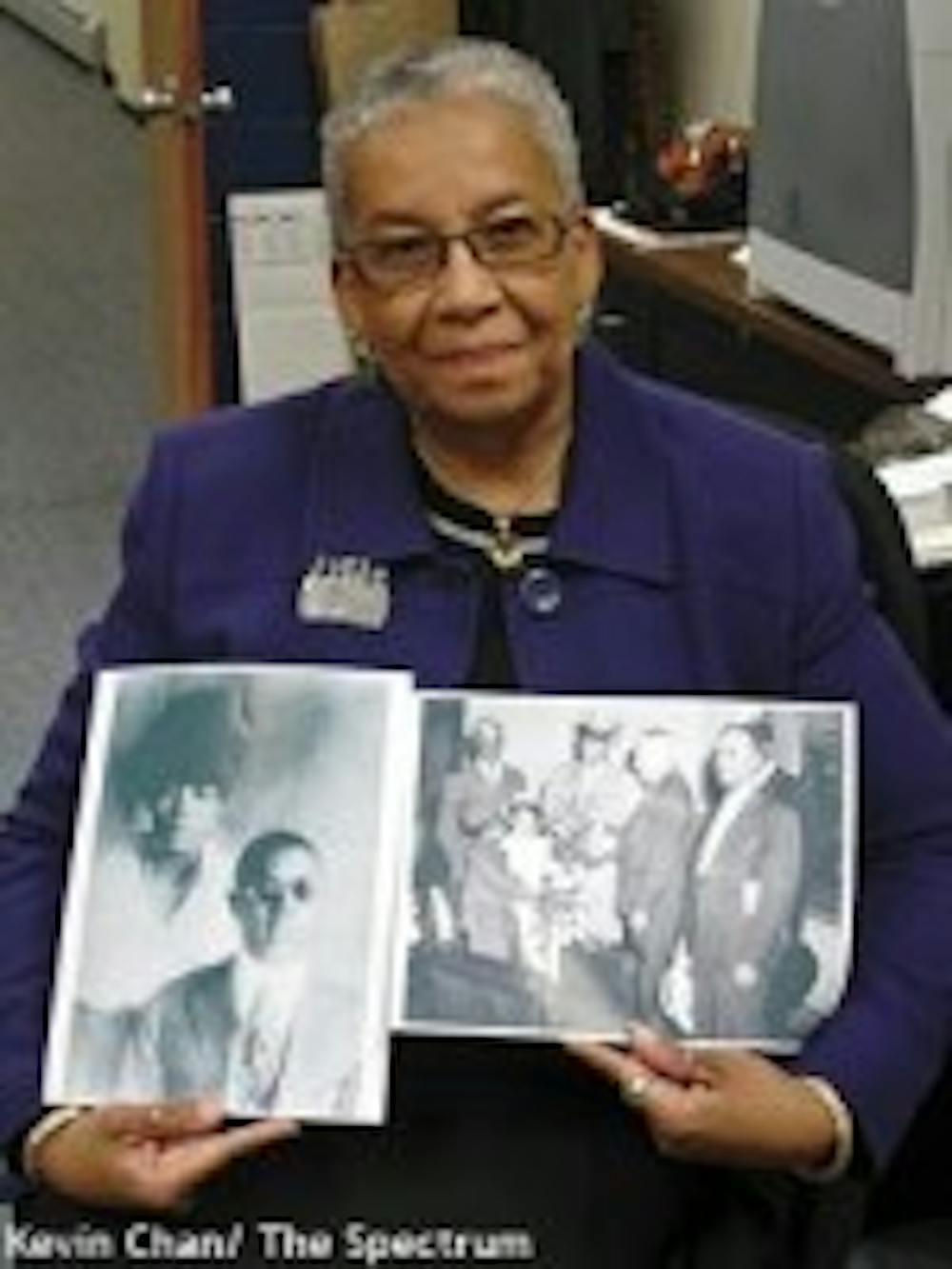The 1921 Tulsa Race Riot was one of the worst riots in history. The bloody incident is imprinted in the history of Tulsa, Oklahoma, and left thousands to face the aftermath of the racial violence.
Eighty-six years later, UB researcher Barbara Nevergold, Ph.D., has helped acquit the 55 people accused of starting the incident, including a prominent Buffalo citizen.
Nevergold decided to help exonerate Andrew Smitherman and 54 others after discovering the good life Smitherman led in Tulsa and Buffalo, she said. Nevergold requested a reassessment of his case from the district attorney (DA), which resulted in the expulsion of the charges.
"I requested that the DA go back and look at the records and consider the life that (Smitherman) had led," Nevergold said. "He did not present the portrait of an individual who would go out and incite a riot that would destroy a whole community and result in the loss of life in hundreds of people."
The riot began as a result of two groups on opposing sides both looking for the same man, according to Nevergold.
"There were whites who were threatening to lynch a young black man, and there were black men who went to the jail to offer their services to the sheriff to protect this young man," she said. "Somewhere the two groups met and confrontation ensued and that sparked the whole race riot."
After considering the intensity of the riot and Smitherman's clean record, the DA expunged Smitherman's record and the records of 54 other accused men.
"The DA determined he would not only drop the charges against Mr. Smitherman, but he would also drop the charges on all the other men who were falsely indicted," Nevergold said.
The community of Tulsa is currently waiting for the actual court proceeding in which the records and charges will be dismissed, according to Nevergold.
"On Dec. 11...the DA is going to formally dismiss the charges; it's going to be like a formal court preceding, and then a judge is going to officially expunge the records," she said.
Nevergold said she discovered Smitherman's story while researching the lives of African-American women in Tulsa for the Uncrowned Queens and Kings Centennial Project.
"It wasn't intended to focus on Mr. Smitherman. It was focusing on the centennial event and the work we were doing in Oklahoma for that project," Nevergold said.
Oklahoma, in their 100th year of statehood, was currently researching its history unearthing community builders in their past, Nevergold said. She stumbled across Smitherman's name and discovered he was a Buffalo resident and local newspaper publisher.
Smitherman was a community builder with a positive prominence in Tulsa and Buffalo. The researchers working toward this case contended that a community builder with his reputation is not capable of inciting such a destructive riot, according to Nevergold.
"I looked at the kinds of community building activities (that Smitherman) did in Tulsa," she said.
According to Nevergold, Smitherman was involved in a number of organizations in Buffalo. She explains that Smitherman worked on the behalf of people in the community.
"I thought that (he) is obviously a person of great integrity, and I thought that it was injustice as naming him as someone who incited the riots," she said.
According to Nevergold and her research partner Peggy Brooks-Bertram, Ph.D.,
they have been traveling to Tulsa for the past year to present their findings since the acquittals.
"Dr. Bertram and I have made several trips there to make presentations to various community groups and organizations. We do presentations about our project and talk to women and men about what we've done and what we've found." Nevergold said.





